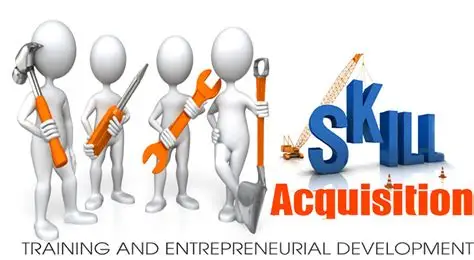In a rapidly changing global economy where innovation outruns tradition, educational leaders are urging Nigerian students to look beyond the walls of conventional learning and embrace the skills that define the modern professional landscape.
This call to action resonated throughout the 2025 Global Education Conference, hosted by StudyIn Nigeria in Lagos — an event that drew representatives from 15 global institutions, each offering unique pathways and real-world perspectives for today’s learners.
Degrees No Longer Define Success
Setting the tone, Dr. Olayinka David-West, Dean of the Lagos Business School (represented by Henry Ogundolire), challenged the outdated notion that a university degree guarantees success.
According to her, the true essence of education lies not in memorization but in transformation — converting knowledge into capability.
“We now live in an age where the link between education and opportunity is being rewritten,” she said. “A degree is no longer the destination; it’s the foundation. What matters most is what you can do with what you know.”
The statement underscored a critical shift — from paper qualifications to practical competence. In a world driven by Artificial Intelligence, digital innovation, and entrepreneurship, employability now depends on agility, creativity, and lifelong learning.
Bridging the Skills Gap
Mary Agbu, Country Director of StudyIn Nigeria, echoed this sentiment, explaining that many graduates are struggling to meet employers’ expectations because they lack the hands-on skills needed in the real world.
“The truth is, our graduates are knowledgeable, but not always employable,” she said. “We need to help students become intentional about learning — to understand what works for them and how to apply it in solving problems.”
Agbu explained that the conference was designed to do more than connect students with foreign universities; it sought to help them discover purpose, align education with ambition, and explore diverse career pathways both within and outside Nigeria.
She also highlighted a growing frustration among students who feel disconnected from opportunities and lack access to platforms where they can ask questions, gain mentorship, or receive tailored guidance about their future.
Redefining Career and Education
Stakeholders at the conference agreed that addressing Nigeria’s unemployment crisis requires a systemic shift — one that redefines education as a dynamic process of skill development and adaptability.
Agbu emphasized the need for collaboration between educators, employers, and policymakers to modernize Nigeria’s learning ecosystem.
“We must evolve from merely producing graduates to developing innovators, problem solvers, and global thinkers,” she noted.
A New Direction for the Future
The conference’s theme, “Degree with Direction,” captured the heart of this transformation. It’s not a rejection of traditional education, but a reimagining of it — one that blends academic achievement with real-world relevance.
For Nigerian students, the message is clear: success in the 21st century will not be determined by certificates framed on a wall, but by the skills, creativity, and vision they bring to the table.

